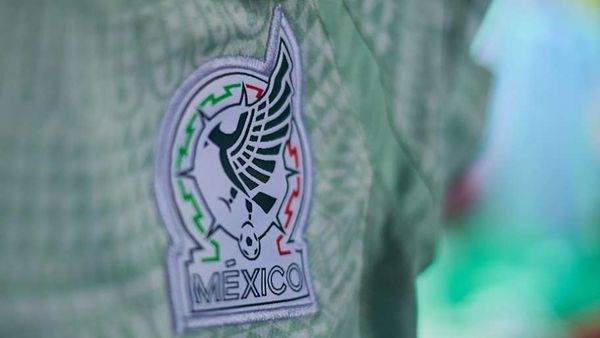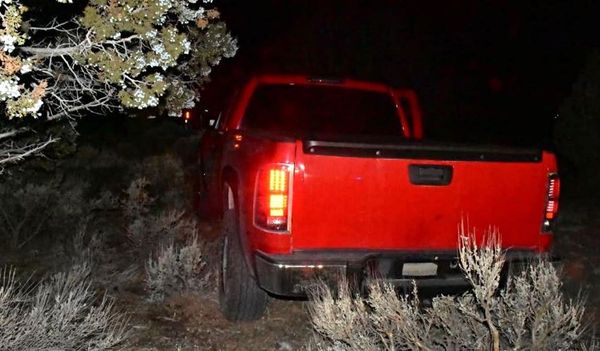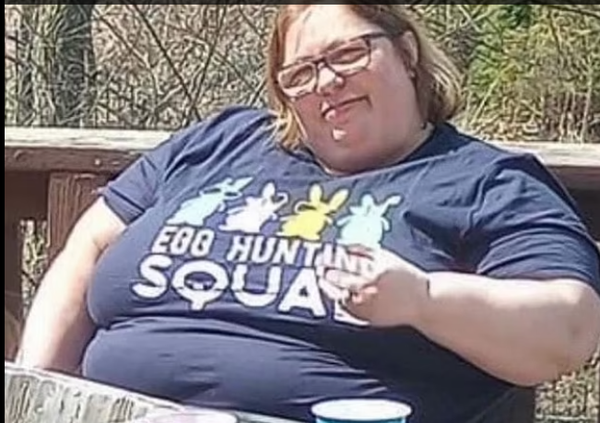
Angie, who spoke on the condition we didn’t use her real name for privacy reasons, was working as a waitress when her boss started inappropriately touching her, before cornering and forcibly kissing her. This terrifying scenario is so familiar to so many that it (unacceptably) borders on the mundane.
From the halls of Parliament to celebrated hospitality venues and beyond, sexual harassment is alarmingly prevalent, with a staggering one in three workers having experienced it in the past five years. Like many of those people, Angie made several complaints and nothing changed. Like most, Angie couldn’t afford to quit her job immediately, so she had no choice but to keep working alongside her harasser.
We all know these stories. Another year passes, yet more sexual harassment scandals are unearthed, and the most famous and vilified rape survivor in Australian history sits through defamation litigation brought by her former employer, a high-profile politician. The cost of speaking out remains high and change feels unacceptably slow.
Australian lawmakers know it too. Kate Jenkins’ landmark Respect@Work report released in 2020 described sexual harassment in Australia as “endemic”. Nearly 1 in 5 workers are sexually harassed at work each year. Just like Angie, half of those people experience repeated harassment, and half of those end up enduring harassment for more than a year.
The Albanese government came to power having committed to implement all 55 Respect@Work recommendations, including six outstanding legislative reforms that had been kicked down the road by the Morrison government. Passed Thursday, the Albanese government made good on its promise, landing the final major plank of legislative reform from the report.
The Cost Protection Amendment represents the most significant reform for access to justice in Australia in a generation. It removes the prohibitive financial barrier known as “adverse costs risk” for people who experience discrimination and harassment. The amendment brings us into line with the approach of similar countries around the world, recognising that there is little point in having laws if people can’t afford to access the courts to enforce them.
The statistics are stark: only 1 in 230,000 victim-survivors of workplace sexual harassment end up bringing proceedings in an Australian court, according to new analysis by the ACTU.
The truth is that in litigation, even if your case has merit and a strong chance of winning, you always run the risk, no matter how small, that you will lose. The old rule meant that victim-survivors had to risk being ordered to pay adverse costs (the other side’s legal bill) if they lost, on top of their own legal fees. When people who experience discrimination come up against employers with big resources, these fees can clock up to tens or even hundreds of thousands of dollars — a life-changing financial gamble to take on.
Angie, like most people, couldn’t afford that sort of risk. She was effectively barred from justice because she wasn’t rich enough to risk bringing her case, even though it was legally strong.
Adverse costs haven’t only been stopping victim-survivors of discrimination from getting to court, they’ve been suppressing fair outcomes before court too. It is an open secret among discrimination experts that lawyers regularly advise companies accused of discrimination to offer low-ball settlement figures during Australian Human Rights Commission conciliation processes, because they know there is an extremely low risk that victim-survivors will be able to take on the financial risk of going to court. This amendment directly targets this unequal power dynamic.
Employers like Merivale and Swillhouse — two popular Sydney-based hospitality groups who’ve recently come under fire for allegations of unsafe workplace cultures that place women at risk — now exist in a world where there is a genuine risk that they will be taken to court if they fail to reckon with their responsibilities. It is a change that victim-survivors, community legal services and other frontline services and advocates have been calling for for years. It means women like Angie who worked in hospitality (but not for one of these two groups under fire) now have a better chance of seeking accountability through the Australian Human Rights Commission, and then, if they so choose, through the courts, with beneficial ripple effects across the country.
But the rate of change has been unacceptably slow. It has taken four years to implement the Respect@Work report and the goalposts for change feel maddeningly unambitious. Australia came fourth in the recent Paris Olympics, with a staggering 18 gold medals (over 70% of which were won by women). Yet we landed a paltry 24th in the World Economic Forum’s Global Gender Gap Report this year, sliding backwards from 2023.
We’re doing poorly across the board, whether you look at misogyny in our culture or inequality in our systems. The most recent National Gender Compass survey found that outdated, sexist beliefs — like heterosexual men finding higher-earning women threatening — remain alarmingly common. The group most likely to commit sexual violence in Australia are boys aged 15-19. A Senate inquiry into Missing and Murdered First Nations women revealed that First Nations women and children are disproportionately affected by men’s violence, ignored by mainstream media, and failed by police. And yet no-one has been held accountable.
While gender justice advocates are calling for change and very good work is happening, there is still a long road ahead. We need an ambitious vision for where we’re going as a country. What sort of place do we want this to be for our daughters — and our sons and non-binary children for that matter? Iceland has sat at number 1 in the World Economic Forum Gender Gap Report for 15 years. What are they getting right? At the very least, surely we can muster some Trans-Tasman competition and work to pip New Zealand out of 10th spot.
If you or someone you know is impacted by sexual assault or violence, call 1800RESPECT on 1800 737 732 or visit 1800RESPECT.org.au.







